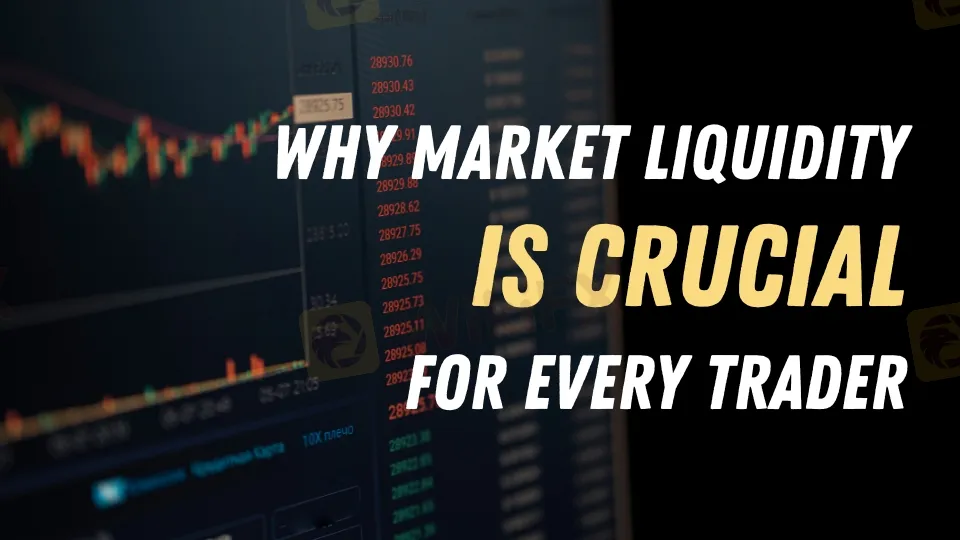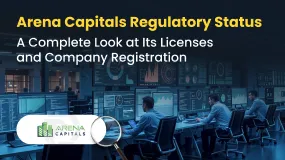Abstract:Learn what market liquidity is, why it matters to traders, and how supply, demand, and bid-ask dynamics influence asset prices and trading efficiency.

What is Market Liquidity and Why Does it Matter for Traders?
Liquidity is an important element in trading because it maintains markets fluid, active, and ready to satisfy the demands of investors and traders. But what is liquidity, and why is it so important? Let's look at how market liquidity works and how asset prices are always searching for it.
What is Liquidity?
At its essence, liquidity refers to the ease with which assets may be purchased and sold in a market without creating a significant movement in their pricing. Consider a crowded marketplace consisting of consumers and merchants trading merchandise. If there are a large number of traders willing to deal, the market is termed liquid.
On the other hand, an illiquid market is one with few active participants—buyers and sellers who hesitate to deal. Transactions in such a market are difficult to conduct in the absence of strong price fluctuations.
Supply vs. Demand: Liquidity in Action
Let us examine liquidity through the prism of supply and demand. Assume you have a rare, vintage Ferrari. The automobile is a one-of-a-kind model, therefore supply is restricted, but demand for such a unique item is strong. As a result of poor liquidity, the price of this automobile may surge because few buyers can afford it and the asset is scarce.

In comparison, imagine someone attempting to sell sand in Saudi Arabia. Sand is abundant there, hence there is less need for it. This overstock results in tremendous liquidity, yet prices fall since numerous vendors and buyers may readily interact at reduced prices.
The balance of supply and demand ultimately determines liquidity in every market, whether it be gold, Bitcoin, or another asset. The price of these instruments fluctuates as liquidity rises or decreases, depending on their availability at any particular price point.
Bid vs. Ask: Understanding Liquiditys Two Sides
To completely appreciate liquidity, it is necessary to understand its two sides: bid and ask liquidity.
- Bid Liquidity: Refers to the market's pool of eager buyers. When you sell an asset, you engage with bid liquidity. The more bidders at various price levels, the greater the bid liquidity, making it simpler to locate a buyer at a good price.
- Ask Liquidity: On the other side is ask liquidity, which represents sellers. When trying to purchase an asset, you engage with ask liquidity. The deeper the ask liquidity, the easier it is to buy an item at the appropriate price without generating too much volatility.
The balance of bid and ask liquidity impacts how readily a deal may take place at your desired price and if the market will respond in your favor.
Final Thoughts
Understanding market liquidity is critical for anybody who trades or invests. The link between supply and demand, as well as bid and ask dynamics, are critical in determining how effectively deals are conducted. Traders who understand how liquidity works may make better judgments, reduce risks, and improve the overall performance of their transactions.











